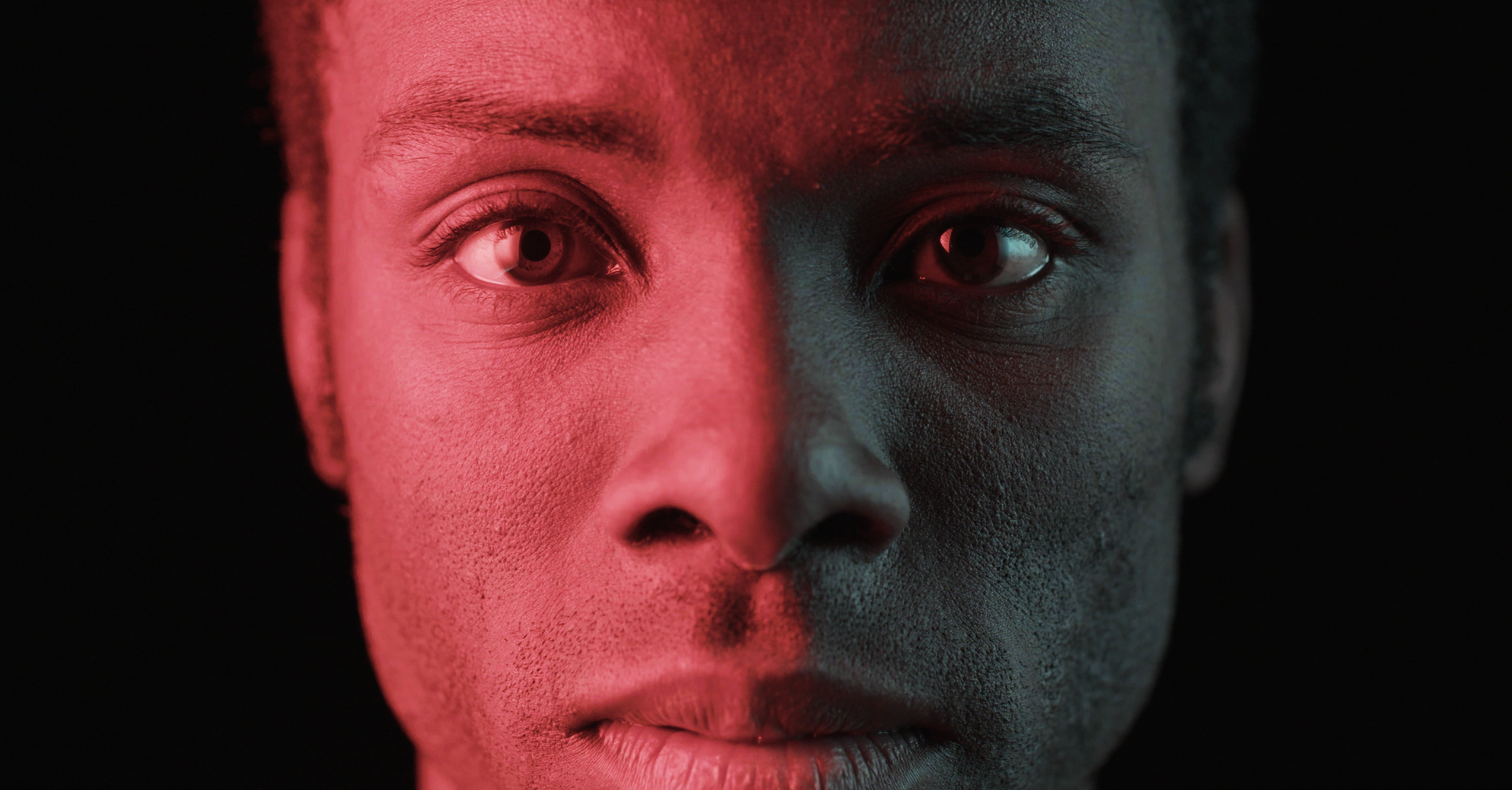Mr. Jane and Finch
(Canada, 44 min.)
Dir. Ngardy Conteh George
Some people call Winston LaRose a “pillar of the community,” an “advocate,” and a “fighter.” But everyone knows him as “Mr. Jane and Finch.” The 81-year-old community leader gets the RBG treatment in this engaging and timely documentary from director Ngardy Conteh George (The Flying Stars). Mr. Jane and Finch, which premieres this month at the Toronto Black Film Festival before a run on CBC, portrays the sprightly LaRose as a figure with the same kind of scrappy spirit that makes Ruth Bader Ginsburg such an engaging octogenarian in her hit feature. Both LaRose and Ginsburg essentially share the same fight as they strive for equity and equality. More than that, they understand the value of self-representation in the bodies that govern and regulate the people. They understand that the system needs to change for it to be just. While the outcome of LaRose’s story differs from that of RBG, their stories will doubtlessly inspire others to continue their fights.
Mr. Jane and Finch follows LaRose as he pursues the next step in representing his community in political office. George gives a brief overview of LaRose’s long history as a community advocate that led to an unsuccessful bid for a seat on Toronto’s city council in 2018. LaRose, who was born in British Guyana in 1937, relates his experience serving the Jane and Finch community as an advisor, activist, and advocate as the executive director of the Jane Finch Concerned Citizens Organization (JFCCO). Observational footage shows LaRose immersed in his work as he offers a helpful ear to his neighbours and draws upon decades of experience as someone who, simply put, gets shit done to better his community.
LaRose is, in a way, the ideal candidate for city council. He is passionate about his community and understands that such as violence and poverty can only be remedied once one addresses the deeply entrenched systemic flaws that precipitate them. George also gives a fair history on the Jane and Finch area that makes the district so unique—and in need of representation from someone who understands the distinct character of the neighbourhood.
However, LaRose’s dedication to his community may also be his downfall. The man, bless his heart, is as stubborn as a mule. He cannot decline a friend in need when his own campaign requires attention. “Your biggest challenge is going to be taking off your community activist hat and putting on your candidate hat,” one of his campaign advisors reminds him. LaRose nods in agreement, but struggles throughout the doc to display a firm grasp on the juggling act .
This factor becomes especially urgent when the doc interrupts its amiable character profile for a breaking news story. Cue Ontario Premier Doug Ford with his widely criticized decision to lob a grenade in the municipal election by reducing the number of council seats by half only weeks before the vote. In addition to being a very petty decision that further underscored Ford’s nincompoopery, his petty act of gerrymandering made it difficult for voices like LaRose to gain traction when they had to run against not one but two incumbents in supersized wards. The doc shows how Ford’s recklessness denied Torontonians the right to meaningful debates about social issues in need of repair.
There are essentially two documentaries at play in Mr. Jane and Finch, and perhaps there’s room for a companion piece that can fully unpack the two threads. On one hand, the doc finds a portrait of an upstanding citizen who champions his community and advocates for the rights of Black Torontonians who face ongoing oppression by leaders who fail to understand that the nuances of their experiences. Even without Ford’s vindictive swipe against the city, LaRose’s campaign to preserve the character of his community is important in light of the threat of “revitalization” (re: gentrification) that threatens to displace his neighbours. This factor somewhat disappears, perhaps inevitably, once the plot twist with Ford happens and the concern becomes the insurmountable odds of winning. The doc nevertheless finds some great footage, like an intense campaign meeting that sees the resignation of a key member when everyone seems to grasp that it’s too little too late for LaRose.
On the other hand, the doc could be taken as a study of the gross violation of human rights that Ford and his partners in crime committed by hijacking in the election. LaRose’s story conveys how citizens deserve the right to elect people from their communities who reflect and understand their experiences. LaRose’s fight captures the struggle within an ongoing legacy of systemic violence against Black people and the relationship between community-based representation and oppression. George contrasts the spirit of LaRose embodying the community against the utterly toxic presence of Giorgio Mammoliti, one of the superward’s two incumbents, who likened Jane and Finch residents to cockroaches and stoked hostility towards the Black community to fuel his campaign.
There’s a lot to take on here and the doc does its best to reconcile the wild developments in LaRose’s journey. George conveys how everybody loses when the political system leaves little room for individuals who genuinely want to inspire change. The system might be broken, but Mr. Jane and Finch reminds audiences that there are advocates in every community eager to take up the fight.
Mr. Jane and Finch premieres at the Toronto Black Film Festival on Sunday, Feb. 17 at 5 p.m.
It airs on Friday, Feb. 22 at 9:00 p.m. ET on CBCDocsPOV and CBC Gem.
\












